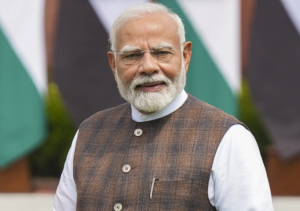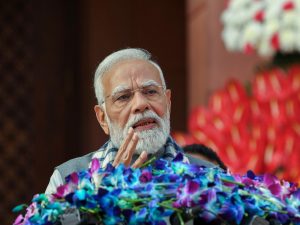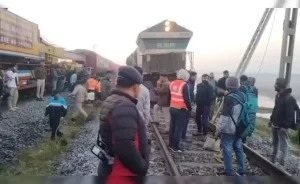Maharashtra will successfully overcome the water crisis through river-linking projects and village-level water conservation efforts, says Maha CM.
Maharashtra Chief Minister Devendra Fadnavis outlined an ambitious strategy to resolve the state’s water crisis through river-linking projects, groundwater recharge, and village-level conservation efforts.
Speaking at the inauguration of the three-day Vidarbha Water Conference in Nagpur today, he emphasized the need to supplement large dam projects with sustainable, decentralized water management initiatives.
Key measures include the Wainganga-Nalganga and Tapi Recharge river-linking projects, which will divert a combined 89 TMC of water, currently flowing into the sea, to drought-prone regions for agricultural use. Additionally, 54 TMC from westward rivers will be redirected to the Godavari basin, and 35 TMC will be retained in the Tapi basin, enhancing water availability across Vidarbha.
Fadnavis highlighted the success of the Baliraja Scheme, which has transformed over 20,000 villages, and credited the Jalyukt Shivar movement with mobilizing Rs. 700 crore from citizens for water conservation. To prevent soil salinization in water-abundant areas, he stressed the transition from open canals to piped water systems and drip irrigation. He also announced the rollout of the Pokhara Scheme, which will implement village-level water audits and promote water literacy and efficient usage practices.
The conference, jointly organized by Rashtrasant Tukadoji Maharaj Nagpur University’s NSS unit and Jan Kalyankari Samiti, brought together experts, university leaders, and policymakers. Fadnavis urged participants to develop actionable, community-driven solutions to ensure Maharashtra’s long-term water security.







